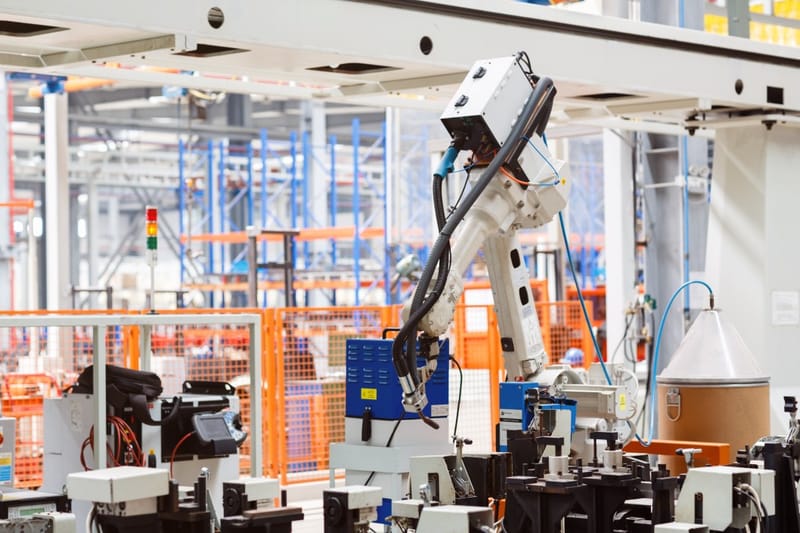Industry 4.0

Industry 4.0 is a recent technological advances where automation, data exchange, cyber-physical systems, Internet of things, cloud, Big Data and cognitive computing. Industry 4.0 is supposed to be the backbone to integrate physical objects, human actors, intelligent machines, product lines and processes across organizational boundaries a way to make smart industries achieve better manufacturing goals with the use of new technologies and innovations.
Industry 4.0 has been defined as “a name for the current trend of automation and data exchange in manufacturing technologies, including cyber-physical systems, the Internet of things, cloud computing and cognitive computing and creating the smart factory”.
Industrialization has seen revolution after revolutions in every decade since its evolution in the 18th century. From the advent of steam power inventions to the introduction of electricity a century later, to the third industrial revolution in the 1970’s with the advances in computing, till today where Industry 4.0 has brought in the fourth Industrial Revolution that is transforming the economy, jobs, and society.
Industry 4.0 Implementation Challenges
Anticipating the way technology is influencing our day to day life, no one can escape the Industry 4.0 revolution- the current trend of application of digital technologies in the industrial production chain. However, implementing Industry 4.0 has many challenges of its own.
- IT security issues
- Reliability and Stability needed for critical M2M communication
- Maintaining the integrity of the production process
- Avoid expensive production outrage (IT)
- Lack of sufficient skill sets
- Lack of regulation, standard and forms of certification
Industry 4.0 is a solution to many challenges like resource and energy efficiency, urban production and demographic change. It enables continuous production, efficiency gains and organized cost management to the entire value network of production. Considering that there is a shortage of skilled workers in the industry, this smart assistance will take over all the routine task, enabling the available skilled workers to focus on creative, value-added activities and develop better professional and work-life balance.
- Loss of manual jobs to the process of automation


